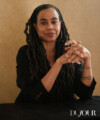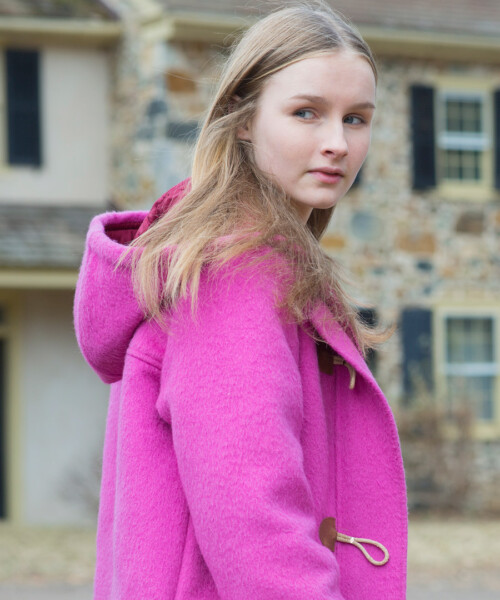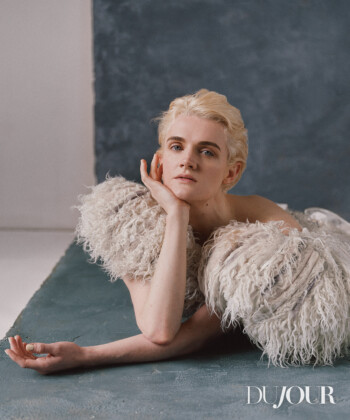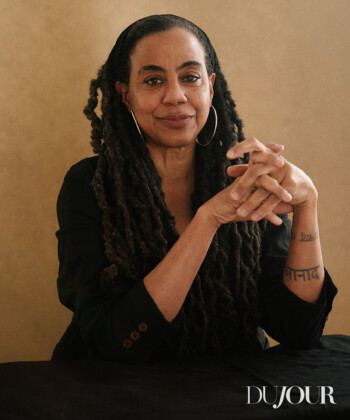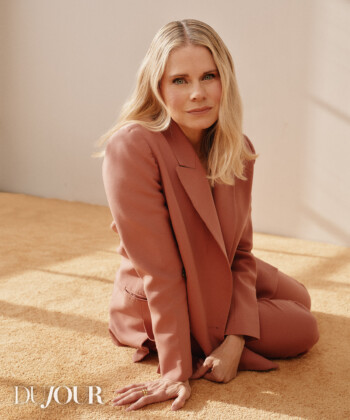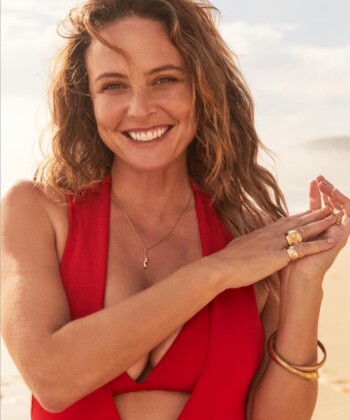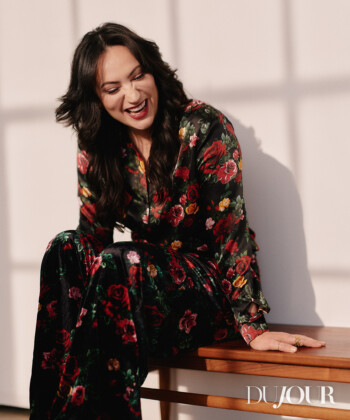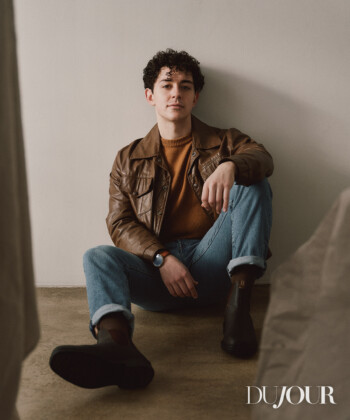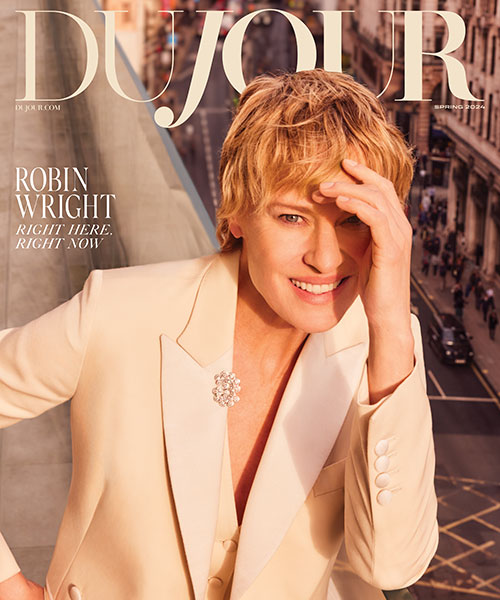In The Visit, the frightening new film from director M. Night Shyamalan, the plot is twisted around a young woman, Becca, who travels with her brother to meet their grandparents for the very first time. An aspiring filmmaker, Becca insists on interviewing her family members before and during the stay, allowing viewers to see a good deal of the action through her camera lens.
Playing Becca is a big break for Olivia DeJonge, the 17-year-old Australian actress who landed the role, but she handles the part—and its exceptionally unnerving twists and turns—like a pro. Here, she tells DuJour what surprised her and what scared her on the set of The Visit.
M. Night Shyamalan movies are known for their unexpected twists. How much did you know about what happens in The Visit when you signed on?
We knew absolutely nothing. I didn’t know what the movie was about; I didn’t who the character was or anything at all. I got an audition piece to read and that was all.
Did you have any wild theories about what could end up happening? After all, two kids go to visit their grandparents and then anything could go wrong.
I had no idea! What I first read was just a really straightforward, normal scene. I had no idea what he had concocted.
So once you were on set, filming this frightening story, what was the feel of the place?
It was really fun. Night’s really great and so are the other actors. They’re really good fun, but at the same time there were certain elements that were quite dark and serious. We had to kind of keep that tone throughout when we were doing those scenes.
Do you ever find yourself freaked out?
Sometimes. There were certain moments when I definitely got lost amongst the set design and the acting. And there were moments where it was very scary and I had to take a few minutes just to calm down a bit.
What about Becca made you want to portray her?
She has a lot of the traditional sort of family values even though she doesn’t have a traditional family. Her dad left her, and there’s a lot of family dysfunction in her life and I really connected with that. Not because my family is dysfunctional, but because I admire her strength in trying to bring everyone together—that’s essentially what the film is. It’s a mock-documentary of Becca trying to bring her family back together. But, obviously, things don’t go as planned.
Did she change for you over the course of making the film?
All the characters have their own arc, so I came into it knowing that she was quite self-conscious and very focused. She knows what she’s talking about and knows what she wants to do. I really admired that.







